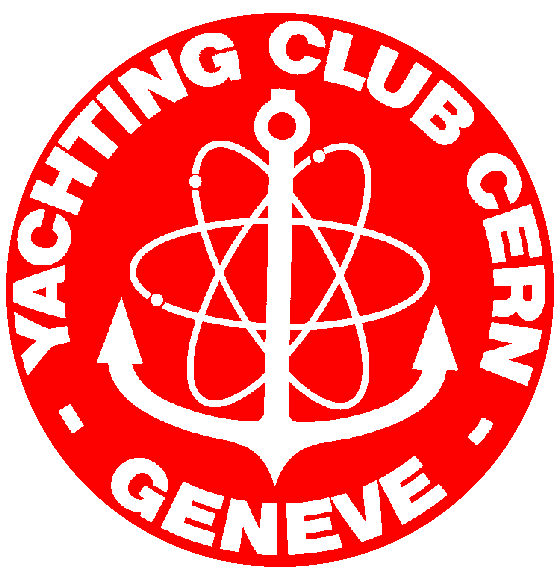
 Motor-Boat (M) Test
Motor-Boat (M) Test
Eligibility
Any active YCC member who:
- holds a motor boat license recognized by the Swiss authorities, and
- has crewed for at least 2 surveillance shifts in the current year.
Procedure
The motor boat test comprises a practical and a theoretical part. The theoretical
part is also done via the practical test.
For the practical part, the candidate
contacts the test coordinator responsible for the M licence.
The test coordinator appoints an examiner.
The candidate and examiner agree on a date and time.
After the test, the examiner fills the test report
and the test coordinator decides on the licence.
Boating Permit
Swiss Residents
Since the YCC Q-boat has an engine exceeding 8hp,
the skipper must hold a Swiss A permit, or a national permit
recognised as equivalent in Switzerland, should a permit be required
in the country of residence.
Members who have been resident in Switzerland for 12 months or more
must, therefore, before they can pilot the YCC Q-Boat as skipper,
in addition to the YCC test, either exchange a national sailing permit
against a Swiss A permit or obtain a Swiss A permit by
passing a test with the Swiss police or a delegate appointed by the
police.
The Swiss A permit can be obtained either before or after the YCC
test is passed.
The YCC Q-Boat may be used for the police test provided at least
one person on board holds the YCC M licence.
The police will further require one person on board to hold a Swiss
A permit or equivalent as stated above.
All these requirements must be met before a Member may skipper the YCC Q-boat.
French Residents
If a French motor license holder lives in Switzerland, he HAS to convert within 12 months of his arrival in Switzerland his license into a Swiss one, which should only be an administrative process as Switzerland recognizes licenses from neighboring countries
Practical Test
Contents
The test consists of the following:
- knowledge of surveillance principles, of the surveillance area, of the prerogatives of the motorboat skipper during YCC events;
- preparing the boat correctly according to the current checklist, according
to the expected conditions, leaving it in order, using appropriate knots;
- knowledge of the boat (motor handling, electricity, bilge pump, console, air pressure (Bombard), paddles and safety equipment, logbook, etc.);
- knowledge of the boat (handling the motor, the surveillance equipment,
etc.);
- knowledge of and manoeuvring in the harbour (getting to the gas station,
turning in confined area, etc.);
- leaving the YCC mooring and returning to it with and without crew, task distribution
for the crew, mooring the boat with appropriate knots;
- parking in tight spaces, forwards and backwards;
- approaching parallel to a pontoon, forwards and backwards. on port and starboard, with and without wind;
- use of the anchor;
- coming in to a buoy, stopping the boat at the buoy or reducing her speed
to such extent that the buoy could be reached by hand and held easily;
- executing the man-overboard manoeuvre, stopping the boat and its engine;
- high-speed manoeuvring on the lake;
- towing a sailboat safely using the floating line;
- getting alongside a sailboat (sailing and/or capsized) and passing a line.
Norms
No person should be put into danger because of errors of the candidate. Priority
rules must be respected. There should be no collisions with other boats as a
result of errors of the candidate, nor interventions by the examiner to avoid
collisions. Leaving and returning into the harbour as well as mooring must be
done
correctly.
Three tries mooring the boat single-handed. All other points have to be
correct on the first try.
Theoretical Test
Contents
The test consists of the following:
- rules for motor boats on Lake Geneva (priorities, signs, shore zones, etc)
as laid out in the relevant legislation (cf. "Naviguez les Eaux Suisses");
- knowledge of the surveillance rules and the surveillance area;
- knowledge of procedures (towing boats, laying buoys for regattas, etc.);
- knowledge of distress and other signs used on Lake Geneva;
- knowledge of basic first aid procedures.
Norms
The candidate should be able to answer ALL questions on rules governing motor
boat handling. All other questions must be either answered or their topic been
judged
to be understood by the tester.
Written by Sascha Schmeling.
Last modified on April 2024 MA.
 Motor-Boat (M) Test
Motor-Boat (M) Test
 Motor-Boat (M) Test
Motor-Boat (M) Test